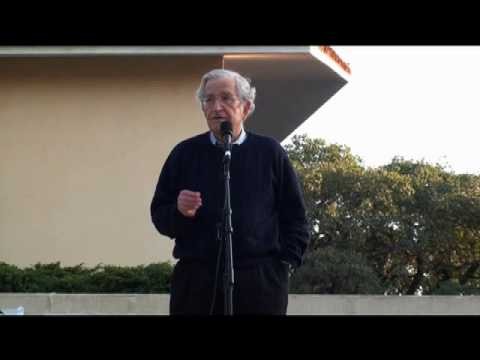Scrappy Activist Funds Will They Win Fights for You US News
Post on: 8 Апрель, 2015 No Comment

Watching from the sidelines as Icahn and Ackman brawl over stocks? These funds let you in on the action.
The spectator sport of activist investing has produced battles this year to rival Ultimate Fighting Championship bouts. But can the people who have turned investing into a head-kicking, nose-grabbing event make money for you?
Some might think it’s good that investors have been spared from those punch-ups in the past because the activist strategy involves taking large positions in stocks that might fall sharply before they finally pay off. In some cases, they will lose large amounts. It also means being patient in committing funds to money men with big egos whose confrontations with companies can create uncomfortable situations. Two of the biggest players, Carl Icahn and William Ackman, have recently had on-air screaming matches over nutritional supplement company Herbalife, which has traded erratically as the two legendary investors have taken opposing positions on the stock.
But the wealthy investors and institutions that are able to buy into their funds are not complaining. Icahn’s private fund has had annual gains in the 30 percent to 40 percent range, according to research firm reports. Icahn’s own net worth has climbed from $100,000 in the late 1960s to $20 billion now. And some see him as a rival to Warren Buffett as the era’s top investor. Ackman’s Pershing Square Capital Management has also enriched investors. Shareholders see Icahn and Ackman as advocates fighting for their interests, a welcome label for the sort of public agitation that won Icahn and others the title of corporate raider in an earlier era. The stigma that once was there is gone or largely gone. They are more accepted by large institutional investors and corporate managers, says Kenneth Squire, a former mergers lawyer whose research firm 13D Monitor follows the industry.
Smaller investors or hedge-fund copycats play follow the leader whenever Icahn and Ackman file 13D statements, disclosures required whenever an investor takes a 5 percent position in a company’s voting shares that may hint at plans to push for measures to influence company performance, which can range from a change of strategy to tossing out management.
Individual investors who mimic the big investors are taking a risk of a big loss because the targets are often companies with problems, and the activist’s strategy could backfire and the company’s situation could worsen. Moreover, the activist can dump the position at any time without notifying the public, since the position reports come out after the fact. It’s like trying to follow a UFC fight from outside the auditorium and deciding what is happening based on the roar of the crowd.

But two fund research firms are betting they can use the activist approach to make money for mutual fund and ETF investors by investing in a range of companies, spreading the risk of a single deal going bad. While it may never be more than a niche investment, the funds have solidly beaten benchmarks over the past year. They use various strategies to screen the crowd noise to figure out what is really happening inside the ring.
A fund run by Squire managed a 20.97 percent gain in the first year of his 13D Activist Fund, or 15.4 percent after its load fee is included. The fund is the purest play for investors who want to buy into the shares of funds that have been targeted by activists like Icahn or Ackman.
Squire completely stayed out of the fight over Herbalife. An active fund manager, he decides based on his own set of factors whether to take sides. Because Ackman had taken a short position betting on the decline of Herbalife stock, Squire stayed out.
While he does not rule out getting into Herbalife at some point, he has not done so yet because his strategy is to avoid situations where investors are betting on company failures. It’s one of his rules. He follows all of the 13D filings and then picks a small number to which he can apply these guidelines:














